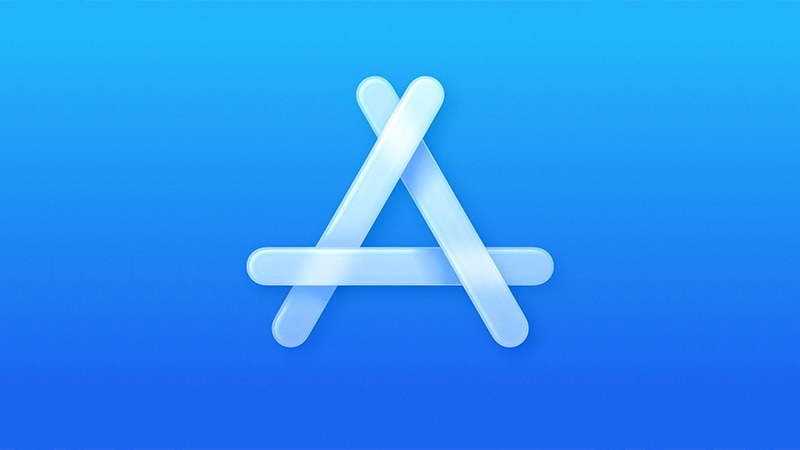
Apple has long championed privacy as a core differentiator. Yet, in the race to build better AI, it’s not always been the fastest mover.
Apple was late to fully embrace large language models compared to some rivals, but now, as the company prepares a major AI-powered upgrade to Siri in 2026, it’s making a loud and clear statement: user data is sacred, and that it won’t be handed over lightly.
This is why Apple quietly rolled out a significant revision to its App Store Review Guidelines, with a laser focus on how apps share personal data with third-party AI services.
Under the freshly updated section 5.1.2(i), developers are now required not only to disclose where user data is being sent, but to explicitly name that “third-party AI” as a destination, and crucially, to get explicit consent from users before sharing anything.
Before this change, the guideline already prohibited sharing personal data without user permission, in line with global privacy regulations like GDPR and California’s data laws.
But now, Apple is calling out AI companies specifically.
This is literally an acknowledgment that AI systems have become first-class recipients of user data, not just a theoretical concern.
This tightening of policy comes at a strategically opportune moment.
Apple is preparing to launch a more intelligent Siri in 2026, which is supposed to be the one that can execute tasks across apps via voice commands. According to reporting, the next-gen Siri may lean in part on Google’s Gemini technology.
By moving to enforce stricter rules now, Apple seems to be pre-emptively aligning the broader app ecosystem with the kind of privacy standards it wants to set for itself.
From a developer’s perspective, the implications are non-trivial.
Any app that uses external AI, whether for chat, personalization, content generation, or analytics, will need to build in a clear, upfront permission flow. It’s not enough to bury AI-related data sharing in a privacy policy; the user must be told exactly which AI entities will receive their data and why.
Apps that don’t comply risk rejection or even removal from the App Store.
There’s also an open question about how Apple will interpret "AI" in practice. Since the term is broad, it could cover everything from large language models to simpler machine learning algorithms.
In other words, whether Apple will enforce the same level of scrutiny for all "AI," or will its focus be mainly on big, cloud-based generative systems? Only Apple knows at this time.

Regardless, this move already signals something deeper about Apple’s strategy: as it moves into the AI age, it doesn’t want to compromise its identity as a guardian of user privacy. By demanding transparency and explicit consent, Apple seems to be saying that innovation should not come at the cost of control, and that users deserve to know where their data is going, and who (or what) is using it.
At a broader level, Apple’s update may force a reckoning for many app makers.
Companies that saw AI as a fast, behind-the-scenes enhancement must now treat it as a first-class feature, one that demands its own, clear consent flows. In that sense, Apple isn’t just adding a regulation; it’s reshaping the culture of how AI is integrated into everyday apps.
For users, it’s a win.
They’ll now have more insight into how their data interacts with AI, and more power to say no. For Apple, it’s a chance to walk the walk: building AI-enabled features and elevating privacy standards across its platform.
